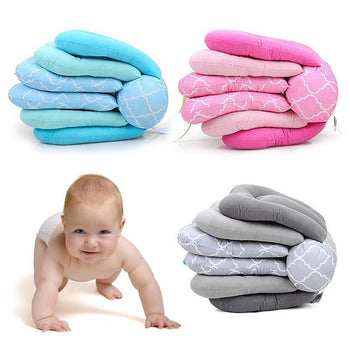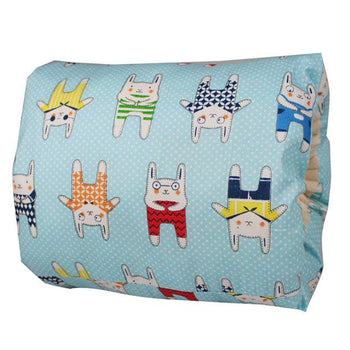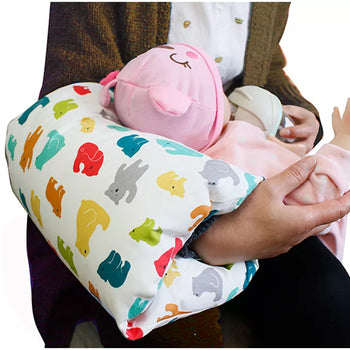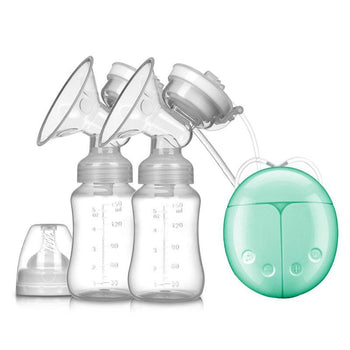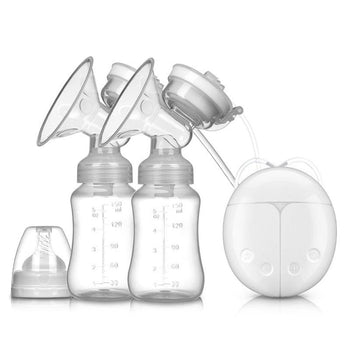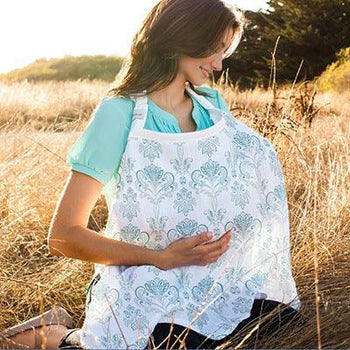If you are a breastfeeding mom, you should know that there are some things to consider when it comes to your diet.
Find out in this article everything you need to know to help you stay in shape and feed your baby well . We'll also give you menu ideas for balanced meals that will provide the nutrients you need for breastfeeding.
Nutrition for breastfeeding women
Many breastfeeding mothers wonder how to feed themselves well so that their baby can get all the nutrients he needs. Fortunately, there is no need to follow a special diet while breastfeeding. Most women have enough breast milk to breastfeed, even if they don't eat particularly healthy foods.
However, certain vitamins and minerals are important for the production of breast milk, and therefore it is recommended to eat foods rich in these nutrients. Breastfeeding women also need to drink plenty of water to stay hydrated and to produce quality breast milk.
By following these few tips, you are sure to provide your baby with the best possible nutrition.
Energy requirements and recommended nutrient intakes
By breastfeeding, a mother passes on all the vitamins, minerals and other nutrients that baby needs. Nursing mothers therefore need a balanced diet and enough calories to meet their baby's needs.
Many doctors and nutrition experts recommend that breastfeeding moms consume between 2200 and 2500 calories per day . It's important to eat a variety of nutrient-dense foods, especially those containing vitamins A, C, and D , iron , calcium , and zinc .
Moms who don't consume enough calories may have difficulty producing enough breast milk.
It is also important to drink plenty of water to avoid dehydration. Nursing moms need to consume around 8-10 glasses of water a day. ( about 2L of water per day)
Favorite foods
Breastfeeding is important for both mother and baby. There are certain foods that a mom should focus on while breastfeeding, in order to provide the best possible milk for her baby.
Fresh fruits, vegetables and nuts are sources of vitamin B9 and fibre, while dairy products provide iodine, protein, calcium and vitamin B2.
Fish like pollack, cod and whiting are rich in omega-3s, while beef , veal and lamb contain iron and zinc.
Finally, dark chocolate with more than 70% cocoa is an excellent source of fibre, iron and copper.
Eating a variety of these foods will help you get the nutrition you and your baby need.
Foods to limit or avoid
After seeing the foods to favor, there are some that you should limit or even avoid when breastfeeding. Because these foods can influence the breast milk you produce and can cause tummy aches or colic in babies, while others can make breast milk more difficult to digest.
Foods to limit or avoid while breastfeeding include spices and citrus fruits.
Foods and drinks that contain caffeine, such as tea and coffee . Excessive caffeine consumption can make babies restless and irritable.
Fried foods and dishes with refined carbohydrates should be avoided. These are high in calories but do not provide the necessary nutrients for mother and baby.
Spicy foods can irritate baby's digestive tract, and it's important to drink plenty of water to prevent constipation.
And of course, alcohol consumption should also be limited, as it can pass into breast milk and put babies to sleep.
Also, some medicines can pass into breast milk and affect your baby, so it's important to talk to your doctor before taking anything.
How to compose balanced meals for harmonious breastfeeding?
Breastfeeding can be a wonderful experience, but it can also be exhausting. It's important to make sure you eat balanced meals to maintain your energy and health.
Here are some tips for composing balanced meals while breastfeeding:
- Start with protein-rich foods. Nursing moms need more protein than non-nursing moms. Good sources of protein for breastfeeding moms are meats, fish, eggs, tofu, lentils and beans.
- Add vegetables to every meal. Vegetables are an excellent source of vitamins and minerals. They will help you stay healthy and provide the nutrients your baby needs.
- Eat whole grains. Whole grains are a good source of fiber, which can help with constipation. Choose whole grain breads, pastas and cereals.
- Add dairy products. Dairy products are an excellent source of calcium and vitamin D. Nursing mothers need extra calcium to strengthen their baby's bones. Choose low-fat or fat-free dairy products.
- Eat healthy fats. Healthy fats are an important part of a balanced diet. They provide energy and help the body absorb vitamins. Nuts, seeds, avocados and olive oil are good sources of healthy fats.
- Drink plenty of fluids. Drink about 2L of water per day.
6. Menu ideas for breastfeeding baby
Mothers who breastfeed baby need simple and balanced menus. Here are some menu ideas that you can easily make at home.
- For breakfast , you can start your day with a banana and oatmeal smoothie. It is easy to prepare and nutritious.
- For lunch , you can make a Greek-style chicken salad with cherry tomatoes, cucumbers, and olives. It's a balanced and hearty dish that will keep you going all day. You can accompany your salad with a pita bread and a small portion of feta cheese.
- For dinner , you can make Italian Sausage Vegetable Stew. It is a tasty and nutritious dish that is easy to prepare.
Discover other balanced menu ideas that are always tastier:
Breakfast :
- Rolled oats with honey and berries
- Scrambled eggs with toast
- Yogurt with biscuit and fresh fruit
Lunch :
- Salad with grilled chicken and roasted vegetables
- Turkey sandwich with avocado and cheese
- Roasted red pepper soup
Dinner :
- Salmon with quinoa and steamed broccoli
- Chicken stir-fry with brown rice and vegetables
- Roasted butternut squash soup
Conclusion
Breastfeeding is a difficult but rewarding experience for mothers and babies. In order to facilitate the process, it is important to have a healthy and balanced diet.
The tips we've given you in this article will help you stay healthy while breastfeeding and provide your baby with the nutrients he needs to grow and develop properly.
Remember to eat balanced meals and drink plenty of fluids - especially water! And if you have any questions or concerns, please do not hesitate to contact us.


